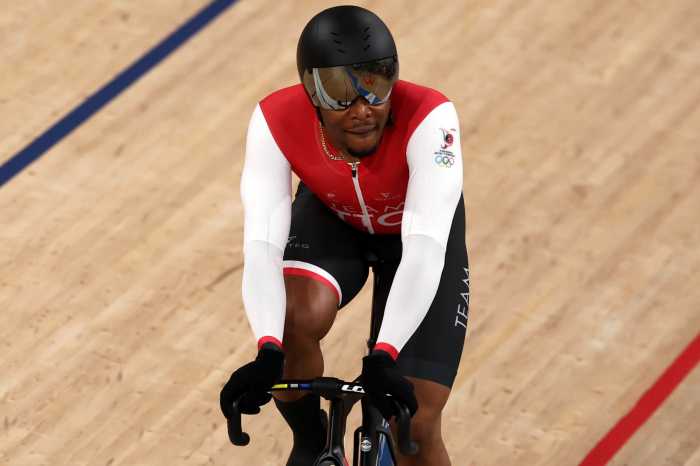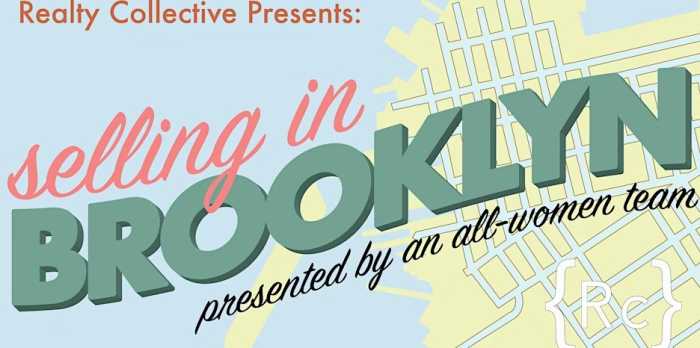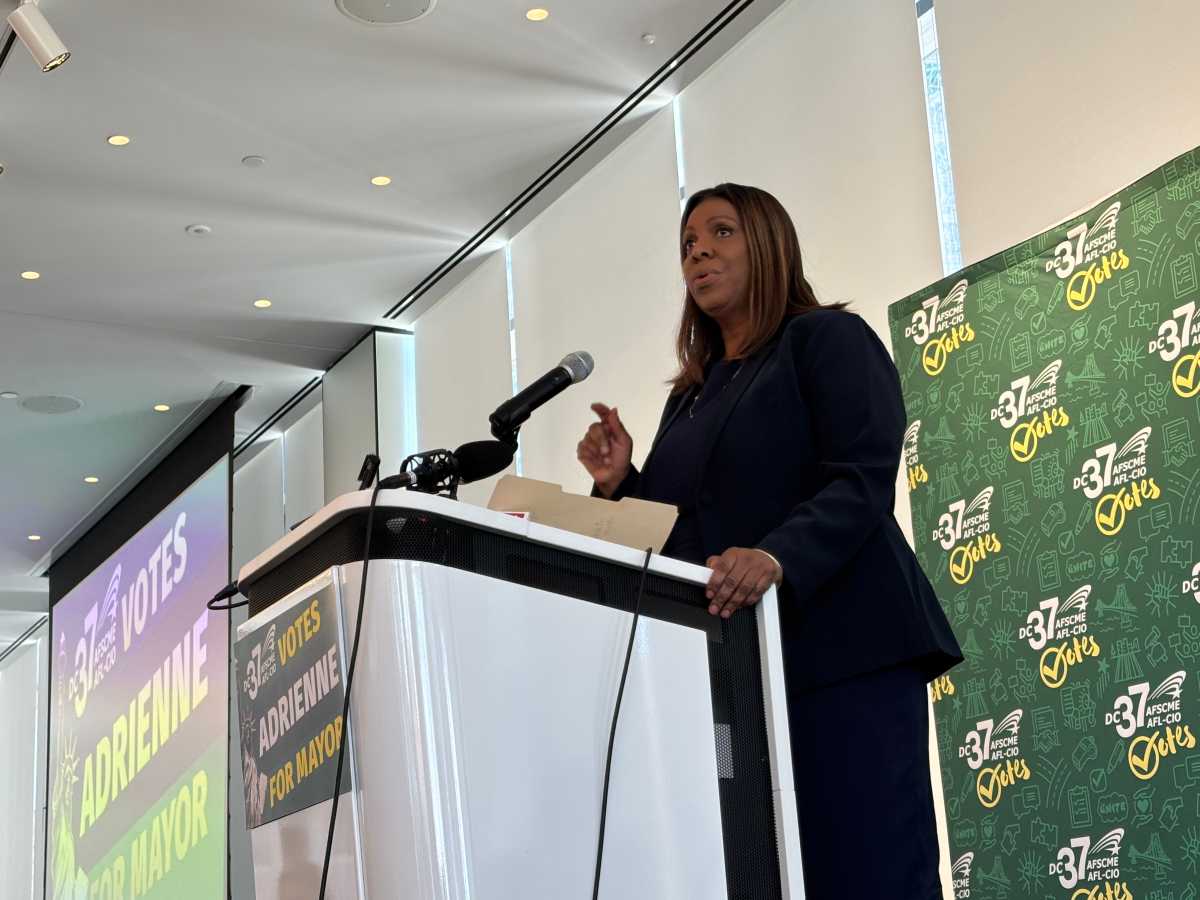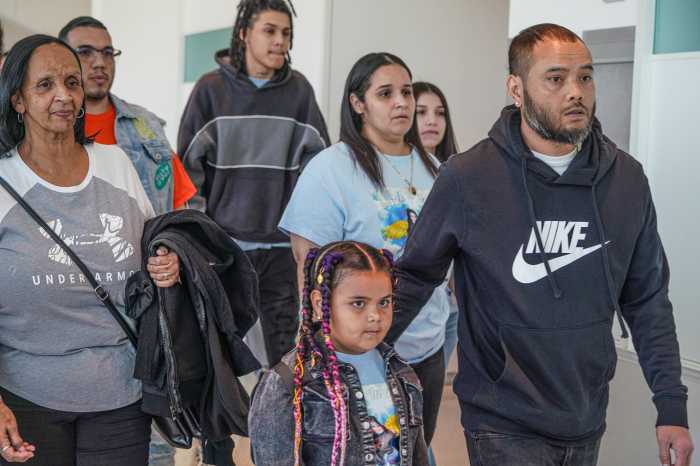Dr. Eric Eustace Williams (Sept. 25, 1911 – March 29 1981) served as the first Prime Minister of the twin-island republic of Trinidad and Tobago.
Renowned as the “Father of the Nation,” Dr. Williams served as prime minister from 1962 until his death in 1981. He was also a noted Caribbean historian.
His father, Thomas Henry Williams, was a minor civil servant, and his mother Eliza Frances Boissiere (April 13,1888 – 1969) was a descendant of the French Creole elite.
He saw his first school years at Tranquillity Boys’ Intermediate Government School and he was later educated at Queen’s Royal College in Port of Spain, where he excelled at academics and football (soccer), according to his biography.
It said a football injury at QRC led to a hearing problem which he wore a hearing aid to correct.
Williams won an island scholarship in 1932, allowing him to attend St Catherine’s Society, Oxford, England, which subsequently became St Catherine’s College, Oxford.
In 1935, Williams received first-class honors for his Bachelor of Arts in history, and was ranked in first place among University of Oxford students graduating in history in 1935. He also represented the university at football.
In 1938, Williams went on to obtain his doctorate.
In “Inward Hunger,” his autobiography, he described his experience of racism in Great Britain, and the impact on him of his travels in Germany after the Nazi seizure of power.
In “Inward Hunger,” Williams recounts that in the period following his graduation: “I was severely handicapped in my research by my lack of money…. I was turned down everywhere I tried … and could not ignore the racial factor involved.”
However, in 1936, thanks to a recommendation made by Sir Alfred Claud Hollis, Governor of Trinidad and Tobago, 1930–36, the Leathersellers’ Company awarded Williams a £50 grant to continue his advanced research in history at Oxford.
Williams completed the Ph. D in 1938 under the supervision of Vincent Harlow.
His doctoral thesis was titled “The Economic Aspects of the Abolition of the Slave Trade and West Indian Slavery,” and was published as “Capitalism and Slavery” in 1944.
It was both a direct attack on the idea that moral and humanitarian motives were the key facts in the victory of British abolitionism, and a covert critique of the idea common in the 1930s, emanating in particular from the pen of Oxford Professor Reginald Coupland, that British imperialism was essentially propelled by humanitarian and benevolent impulses, according to Wikipedia.
It said Williams’s argument owed much to the influence of C. L. R. James, whose “The Black Jacobins,” also completed in 1938, offered an economic and geostrategic explanation for the rise of British abolitionism.
In 1944, Dr. Williams was appointed to the Anglo-American Caribbean Commission. In 1948, he returned to Trinidad and Tobago as the Commission’s Deputy Chairman of the Caribbean Research Council.
In Trinidad and Tobago, he delivered a series of educational lectures, for which he became famous, according to his biography.
In 1955 after disagreements between Dr. Williams and the Commission, the Commission elected not to renew his contract.
In a famous speech at Woodford Square in Port of Spain, the Trinidad and Tobago capital, he declared that he had decided to “put down his bucket” in the land of his birth.
He rechristened that enclosed park, which stood in front of the Trinidad courts and legislature, “The University of Woodford Square”, and proceeded to give a series of public lectures on world history, Greek democracy and philosophy, the history of slavery, and the history of the Caribbean to large audiences drawn from every social class, the biography states.
It says that, from that public platform, Williams on Jan. 15, 1956 inaugurated his own political party, the People’s National Movement (PNM), which would take Trinidad and Tobago into independence in 1962, and dominate its post-colonial politics.
Until this time, his lectures had been carried out under the auspices of the Political Education Movement, a branch of the Teachers Education and Cultural Association, a group that had been founded in the 1940s as an alternative to the official teachers’ union. The PNM’s first document was its constitution.
Unlike the other political parties of the time, the PNM was a highly organized, hierarchical body, the biography says.
Its second document was “The People’s Charter,” in which the party strove to separate itself from the transitory political assemblages which had thus far been the norm in Trinidadian politics, according to the biography.
In elections held eight months later, on Sept. 24, the Peoples National Movement won 13 of the 24 elected seats in the Legislative Council, defeating six of the 16 incumbents running for re-election.
Although the PNM did not secure a majority in the 31-member Legislative Council, Williams was able to convince the Secretary of State for the Colonies to allow him to name the five appointed members of the council, despite the opposition of the governor, Sir Edward Betham Beetham.
This gave him a clear majority in the Legislative Council, the biography says, adding that Williams was thus elected chief minister and was also able to get all seven of his ministers elected.
After the Second World War, the British Colonial Office had preferred that colonies move towards political independence in the kind of federal systems, which had appeared to succeed since the Confederation of Canada, which created the Dominion of Canada, in the 19th century, according to Wikipedia.
The 1961 elections gave the PNM 57 percent of the votes and 20 of the 30 seats. This two-thirds majority allowed them to draft the Independence Constitution without input from the DLP, according to Wikipedia.
Although supported by the Colonial Office, it said independence was blocked by the DLP, until Williams was able to make a deal with DLP leader Rudranath Capildeo that strengthened the rights of the minority party and expanded the number of Opposition Senators.
With Capildeo’s assent, Trinidad and Tobago became independent on Aug.31, 1962, 25 days after Jamaica.


























